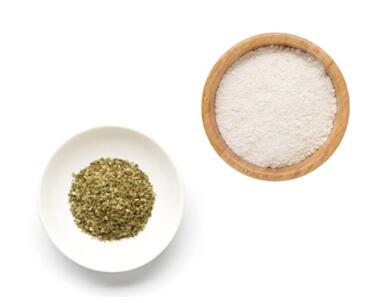Natural Sweeteners
Plant-Derived Sweetness for Modern Formulations
Natural sweeteners are plant-based sugar alternatives that offer authentic sweetness with fewer calories and added functional benefits. From high-intensity stevia and monk fruit to bulk sweeteners like erythritol and allulose, they enable brands to create low-calorie, clean-label, and flavorful products. Discover Alfa Chemistry’s premium natural sweetener portfolio to power your next formulation.


































